By Tim Healey/DFP Staff
The hockey task force called for by Boston University President Robert Brown in the spring released its report on Wednesday, which included a series of recommendations that BU and BU Athletics have already started to implement. For those of you that don’t want to sift through the entire report and Brown’s letter to the BU community, here are some highlights:
Background:
–Brown put the task force together in March following the December arrest of Corey Trivino and the February arrest of Max Nicastro, both for sexual assault charges.
–Given the arrests, the BU president wanted to look into the “culture and climate” of the team.
–The task force, led by BU Trustee Dr. Jonathan R. Cole and BU Provost Jean Morrison, was made up of 16 people, all of whom were either BU staff, faculty or trustees.
–The task force had six meetings as a whole and had further meetings within its three sub-comittees: one on performance and student life, one on team culture and climate, and one on sexual assault and sexual harassment.
Findings:
–There is a “culture of sexual entitlement” among some players on the team
–“Assessment of team members’ recent disciplinary history did not reveal a pattern of infractions that was significantly different, in type or number, from the undergraduate population as a whole.”
–Members of the team often become isolated very quickly from the rest of the students “by virtue of their housing arrangements, having their own functionally exclusive training and competition venue, and the demands of team participation.”
–The team’s academic performance “falls below that of the undergraduate student body as a whole.”
–The fact that some BU players have been drafted by NHL teams contributes “to a culture and climate in which players may not be fully engaged in the academic, intellectual and extra-curricular activities” the way other students are.
–No NCAA infractions were found.
Recommendations:
–Required “sexual assault prevention training on an annual basis” for the team.
–“A review of the processes and standards used by admissions for recruits” to make sure student-athletes “are academically prepared to be successful students.”
–Men’s hockey head coach Jack Parker should step down as the executive director of athletics.
–BU should not give student-athletes the option of enrolling in the Metropolitan College.
–BU should work with “local businesses, campus area bars, and restaurants” to “help ensure the safety of all students.”
–The team should review and re-write team rules. Said rules should include “clearly articulated expectations for players’ behavior both on and off the ice, as well as the disciplinary actions” that could result if players went against team policy.
Reaction:
Both Parker and Athletic Director Mike Lynch sent out statements following the task force findings release.
Parker said: “I think their summary of findings is accurate. More importantly, I feel their recommendations for action will help our team, other student-athletes and the student body in general to ensure a better all-around experience.
“I fully agree with the NCAA and task force’s recommendation to split up my two jobs. When asked to choose one or the other, it was easy for me to choose my position as our head hockey coach. My staff and I endorse the findings and it is our job to implement and monitor the recommendations that are specific to the hockey team.”
Lynch said the school has his department’s full support as it begins to put the recommendations into action — a process that has already begun.
“Throughout this process, we have ensured that the University administration and our athletic department continue to share the same goals in regards to our men’s ice hockey program and its future as part of BU’s campus life,” Lynch said. “This has been a challenging year, but we are ready to move forward as an even stronger athletic program.”
The Daily Free Press will have more on the task force on Thursday.

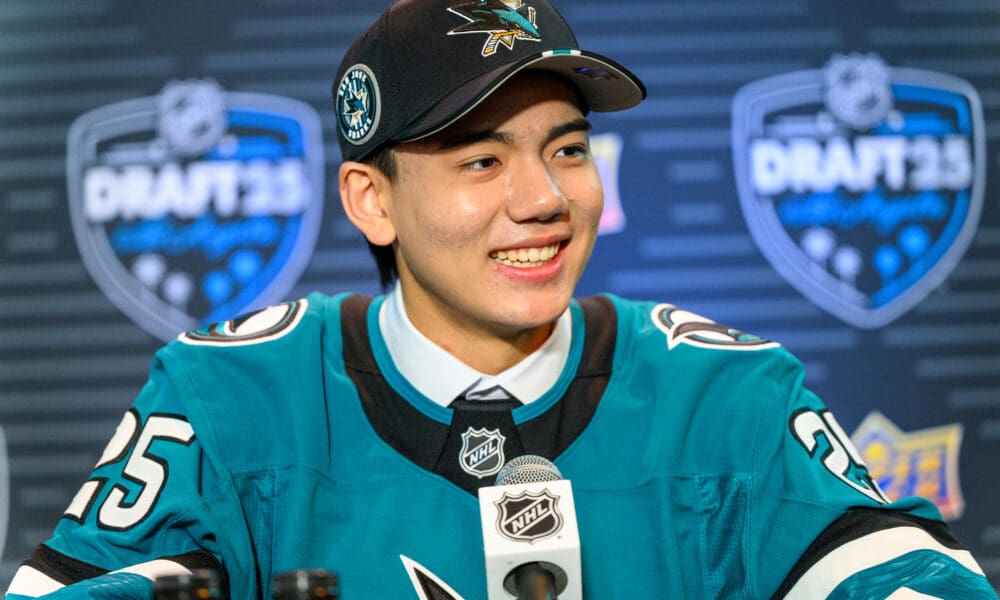
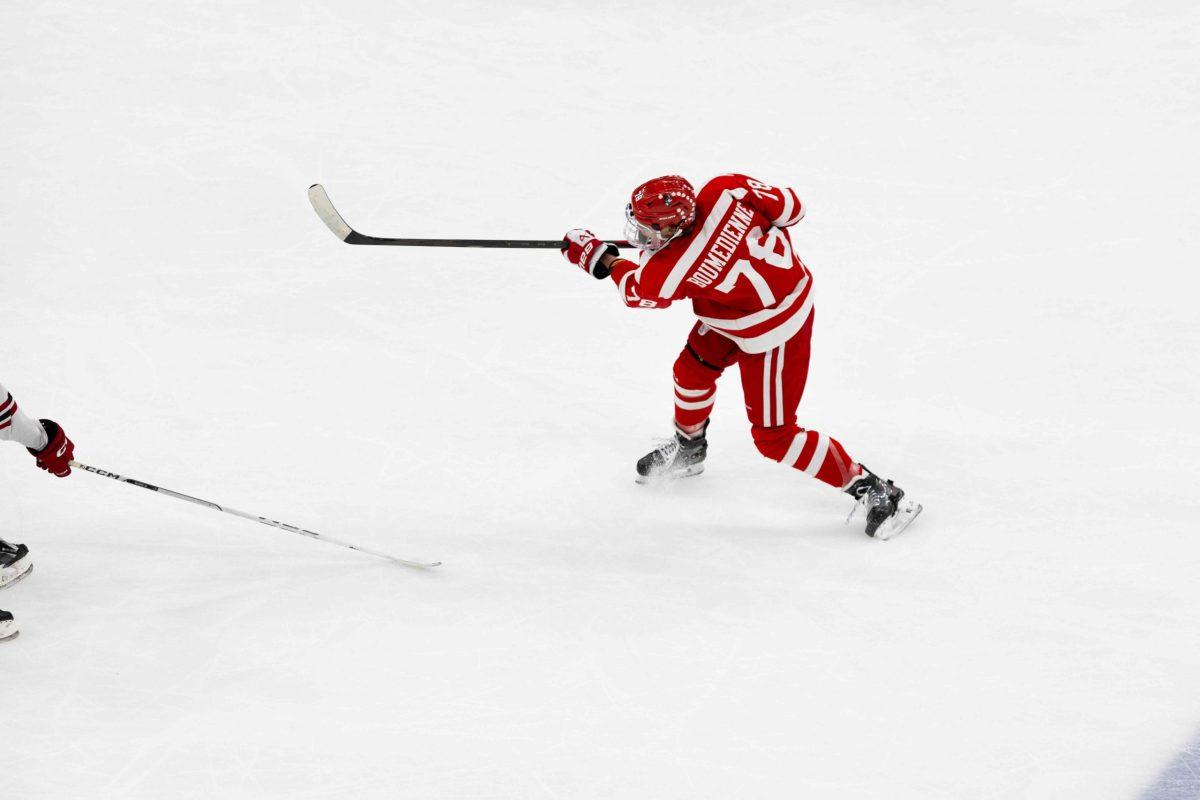
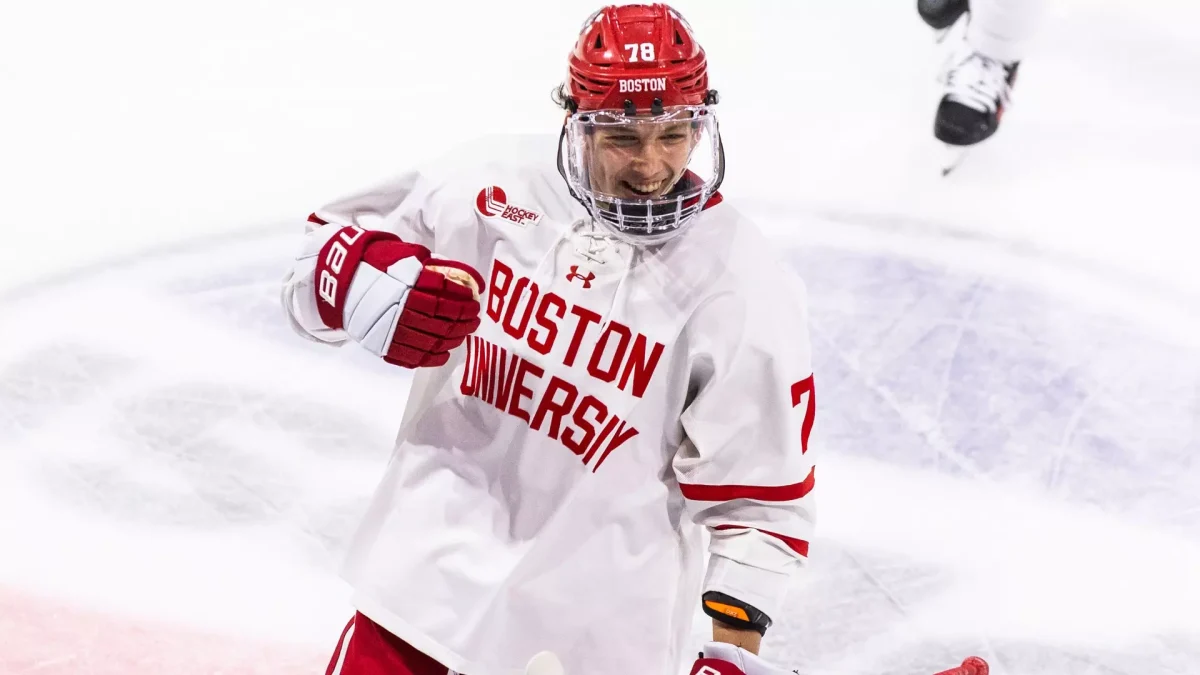


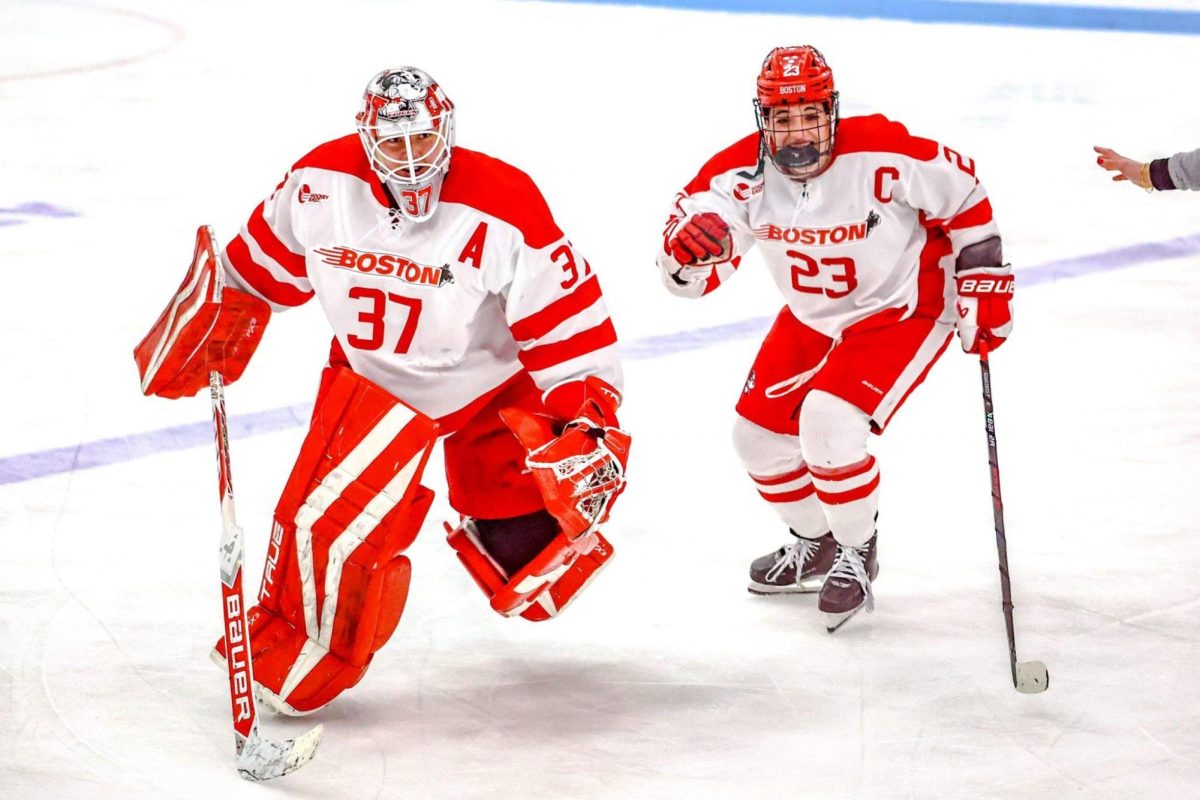
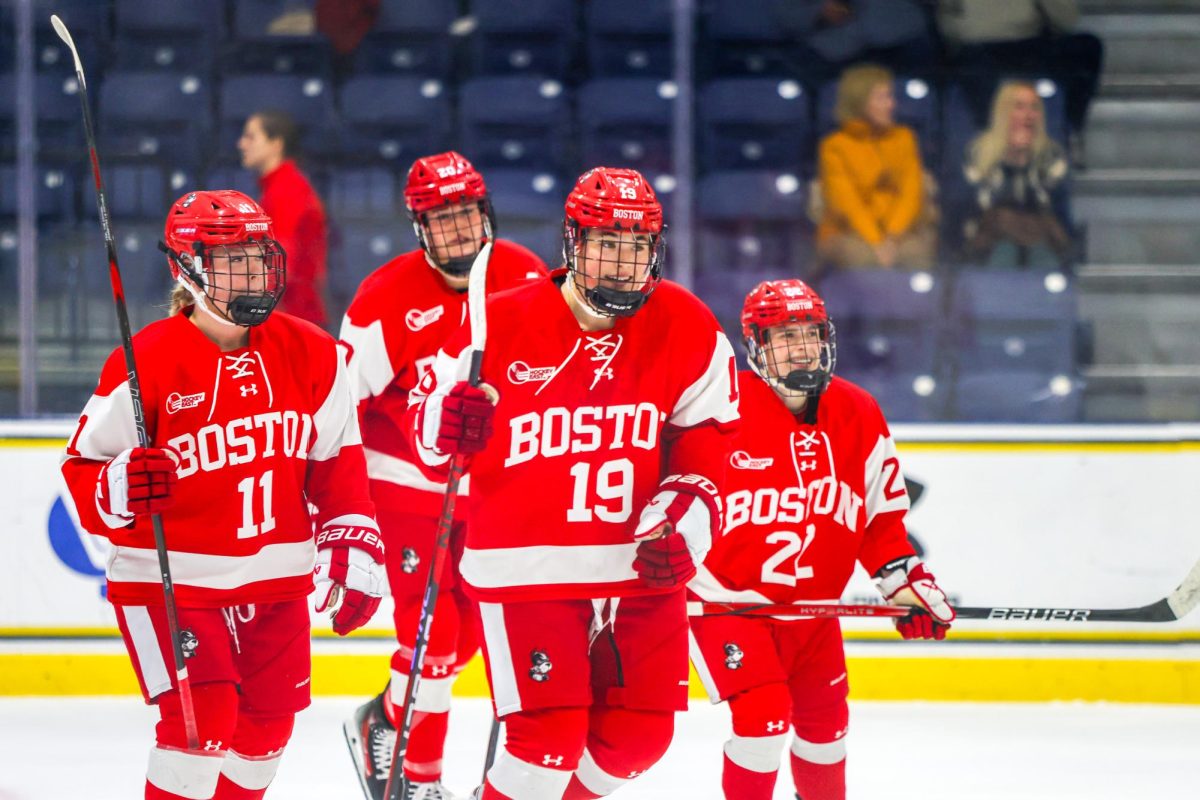
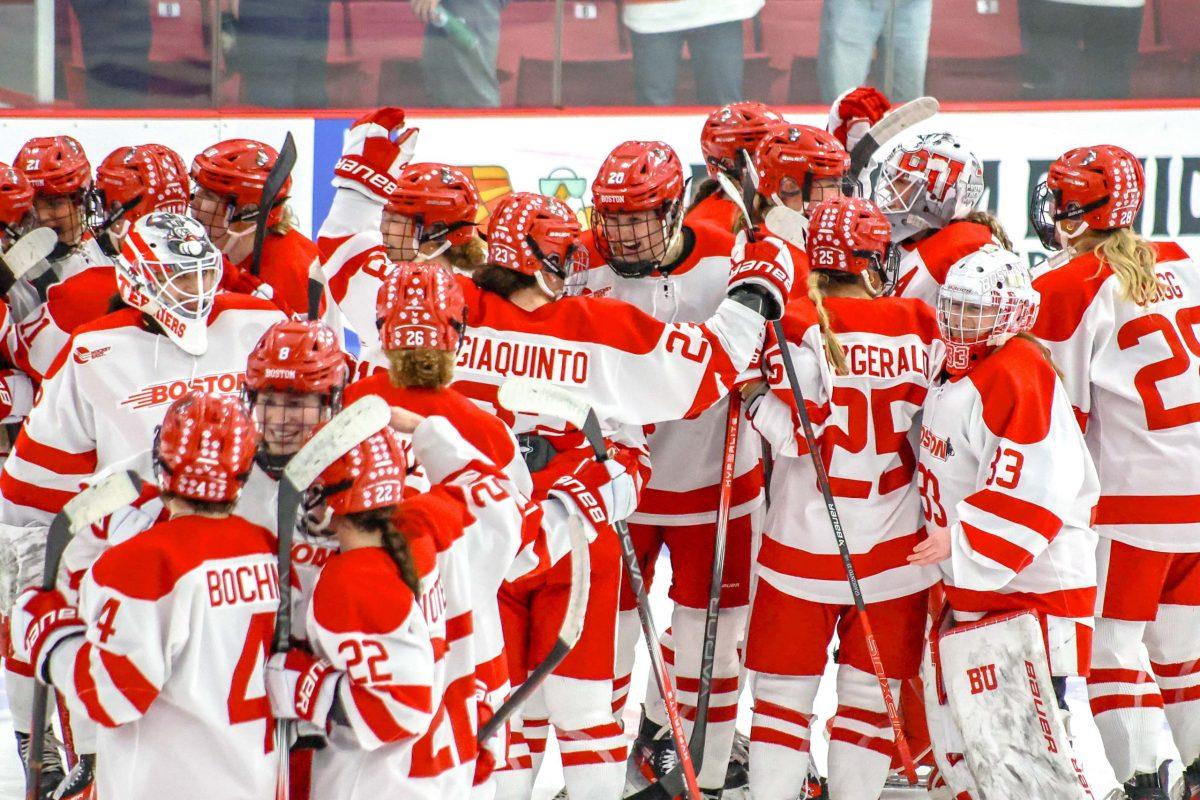
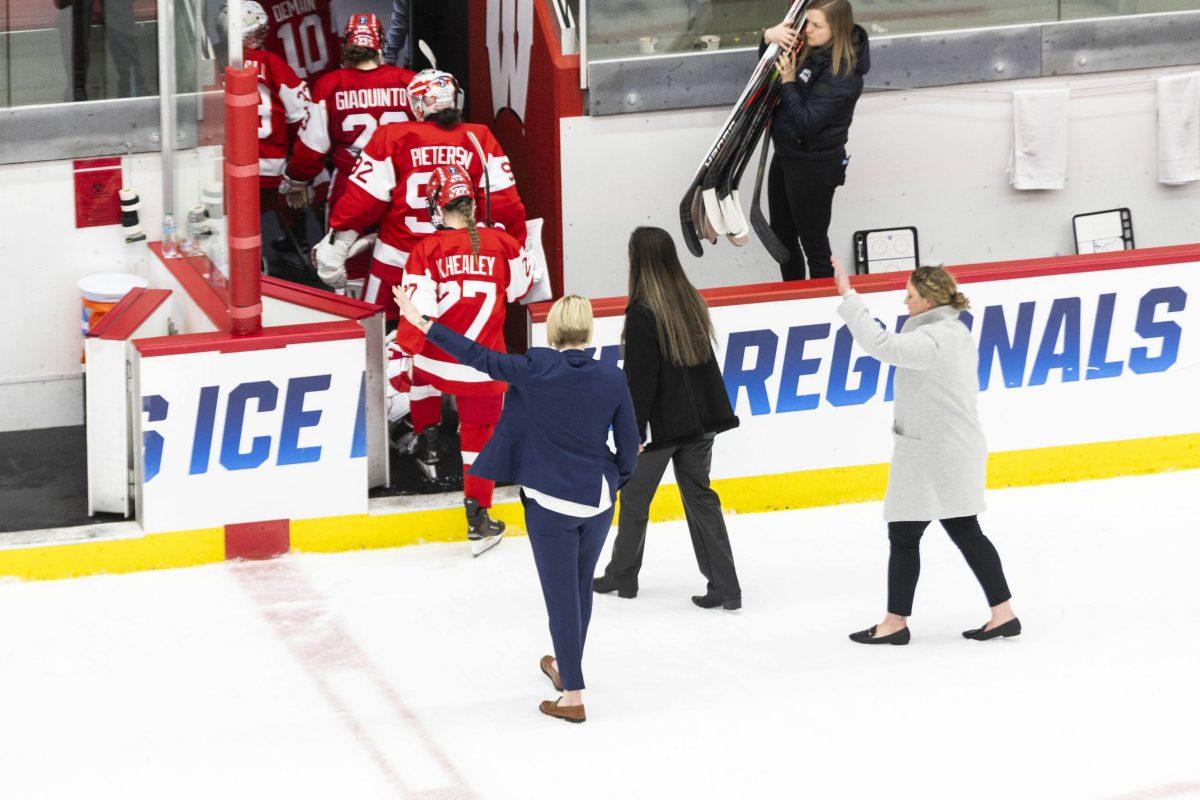
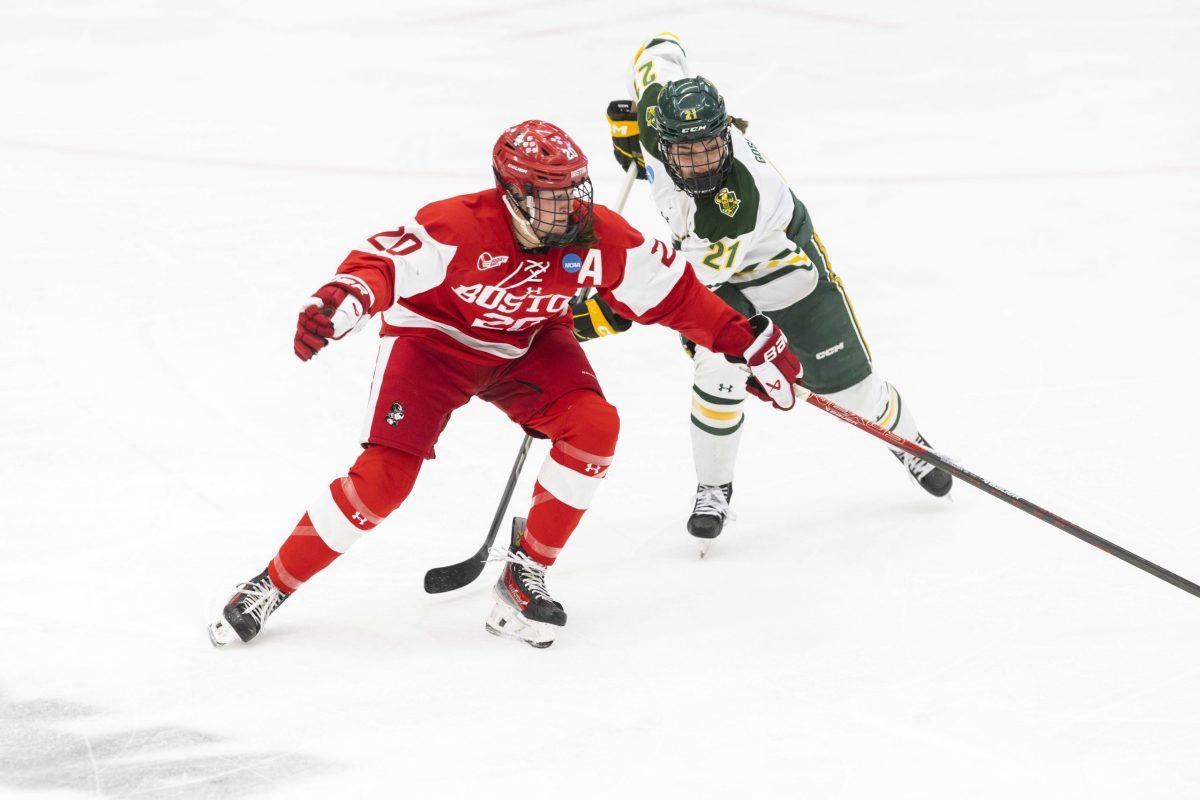
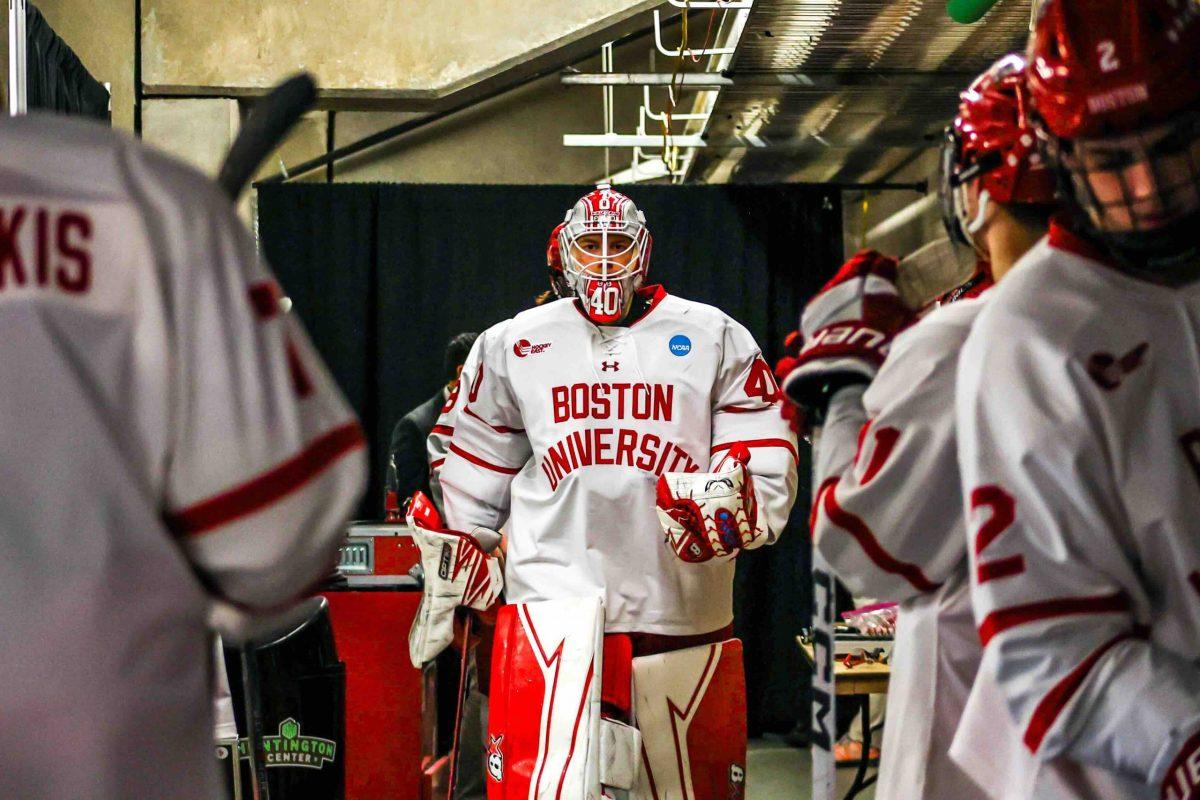
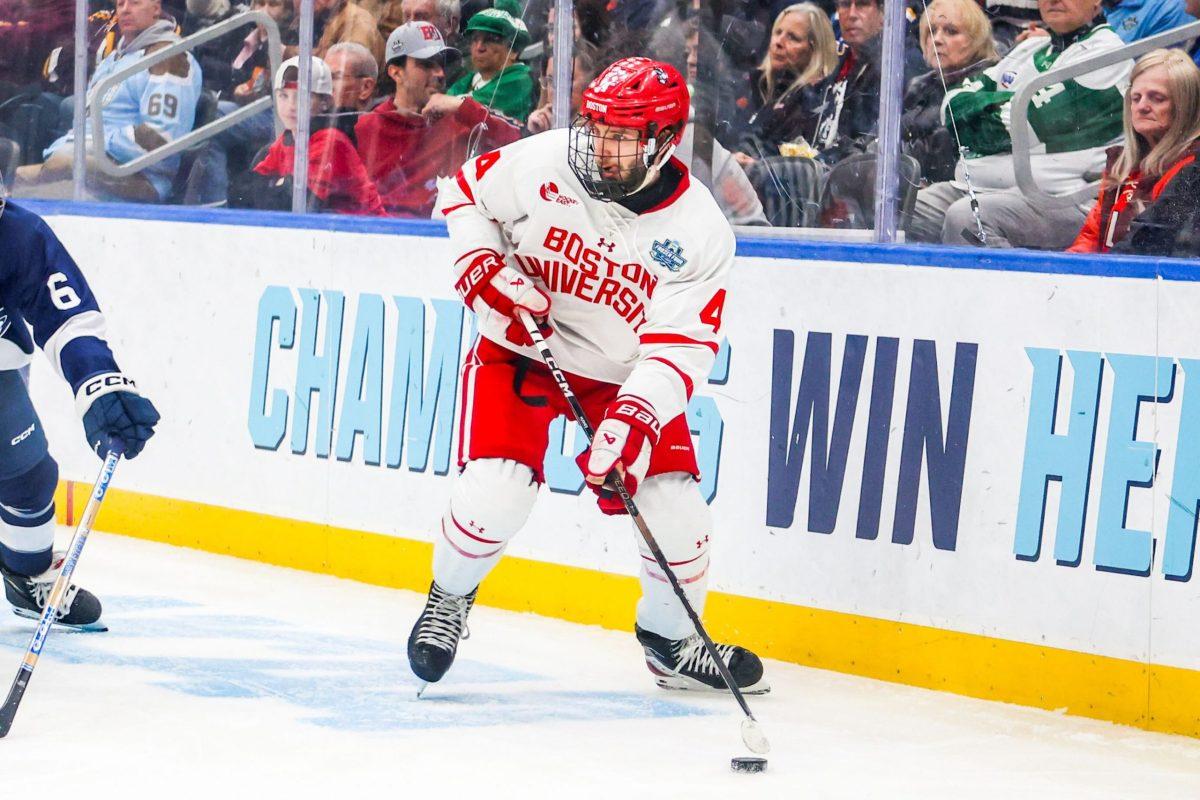
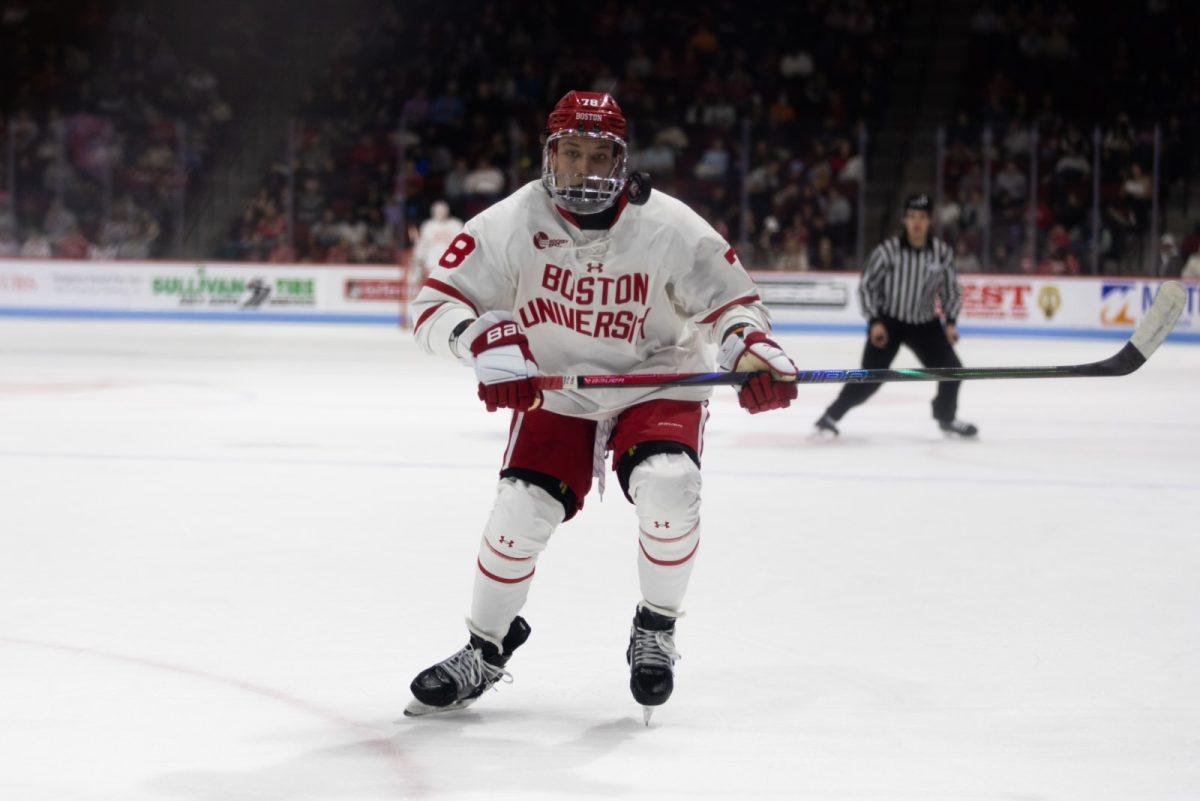
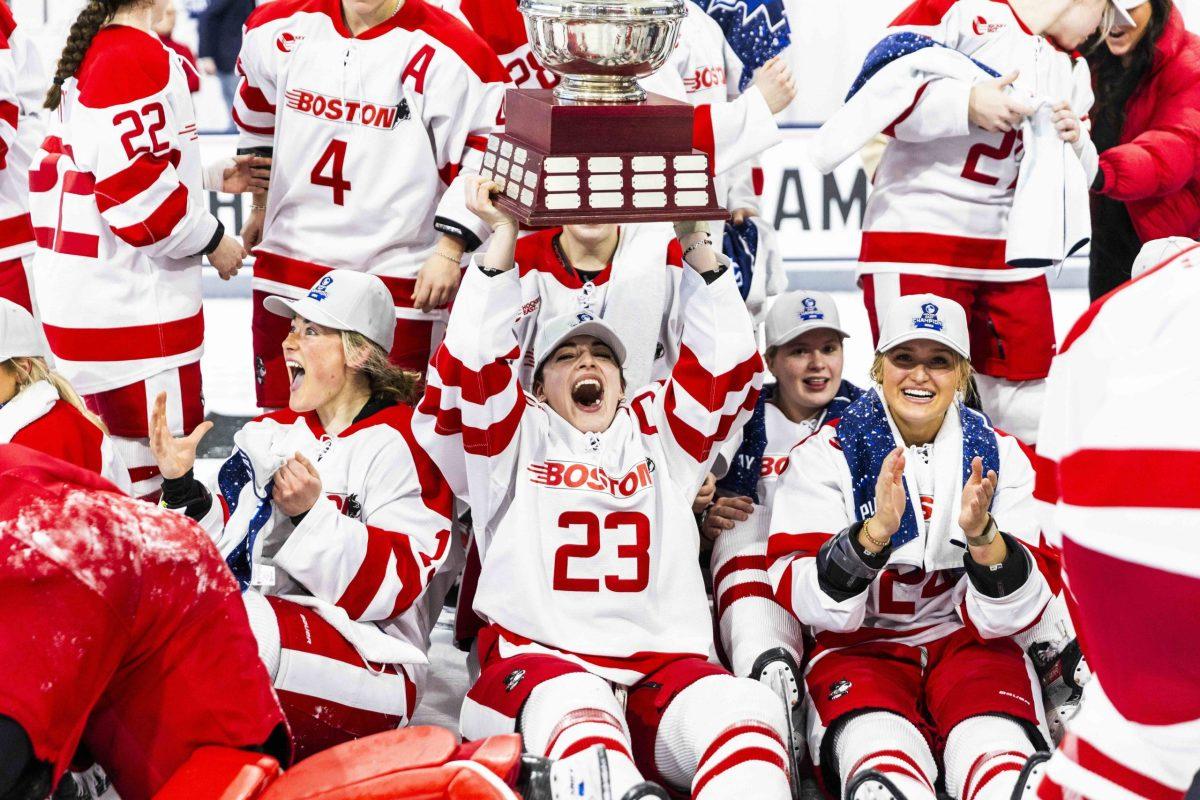

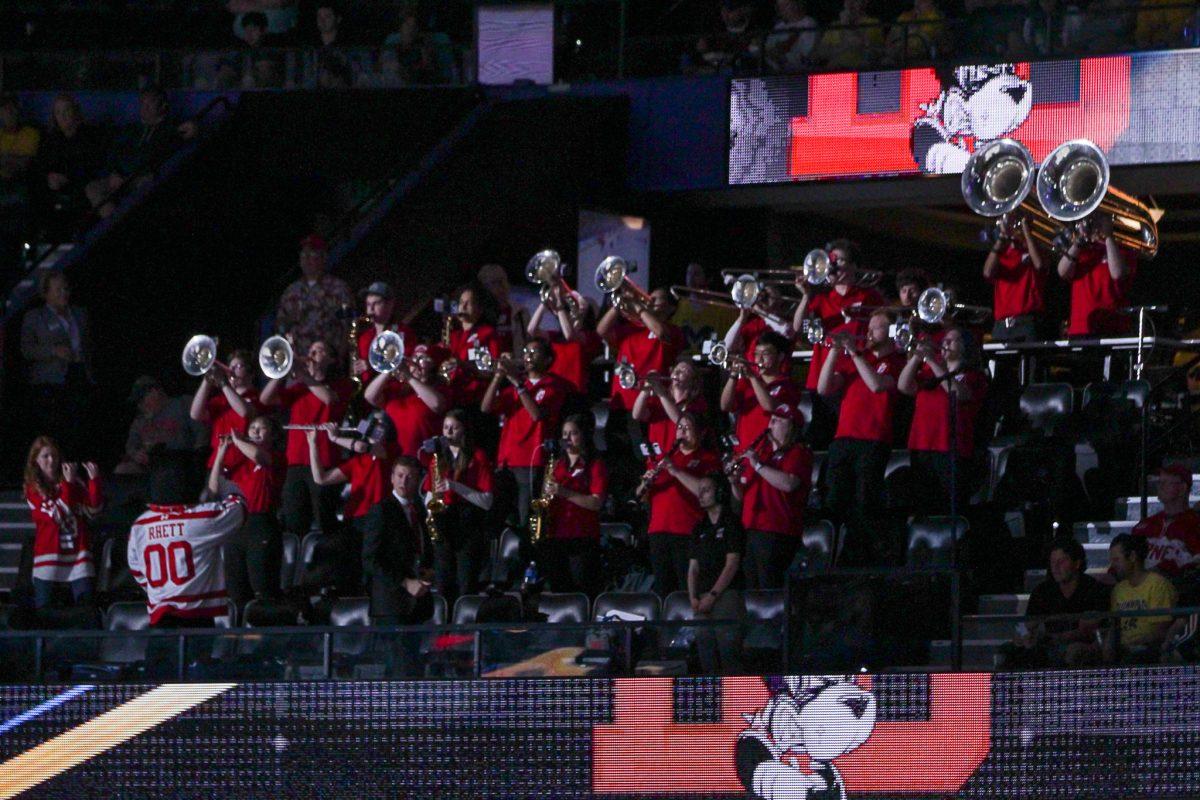
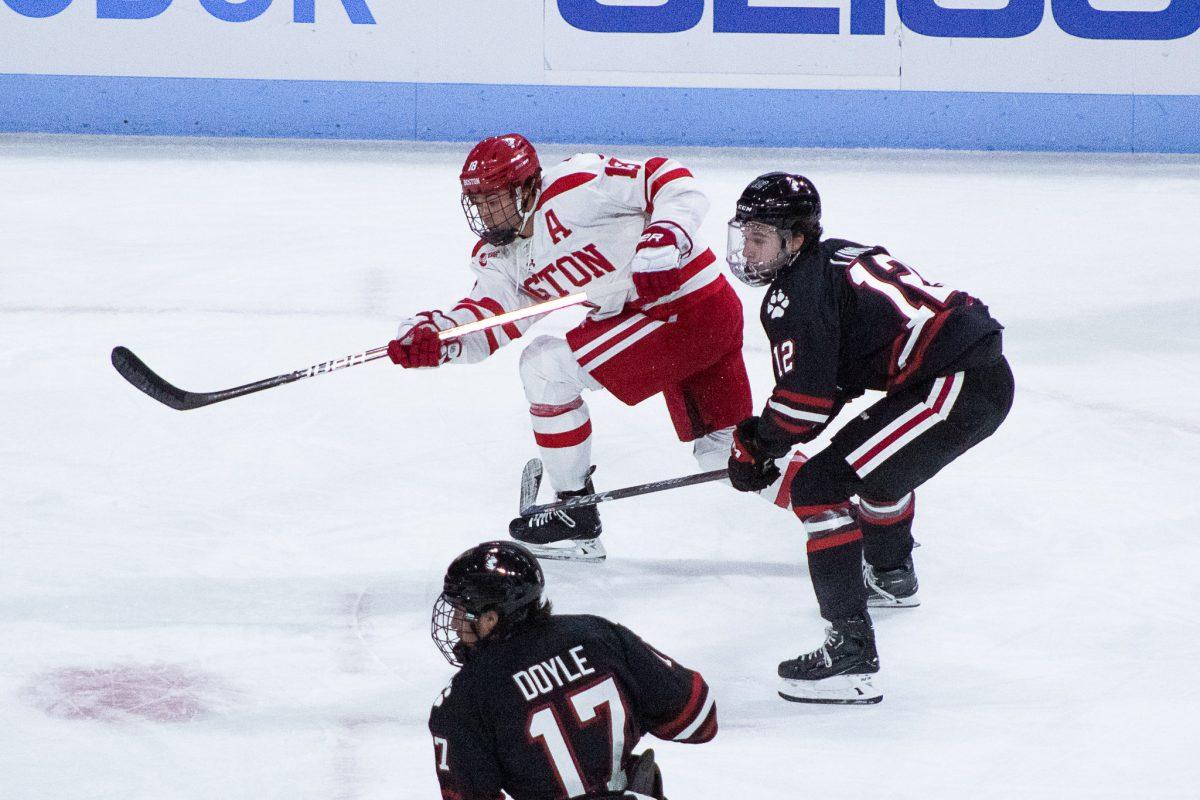
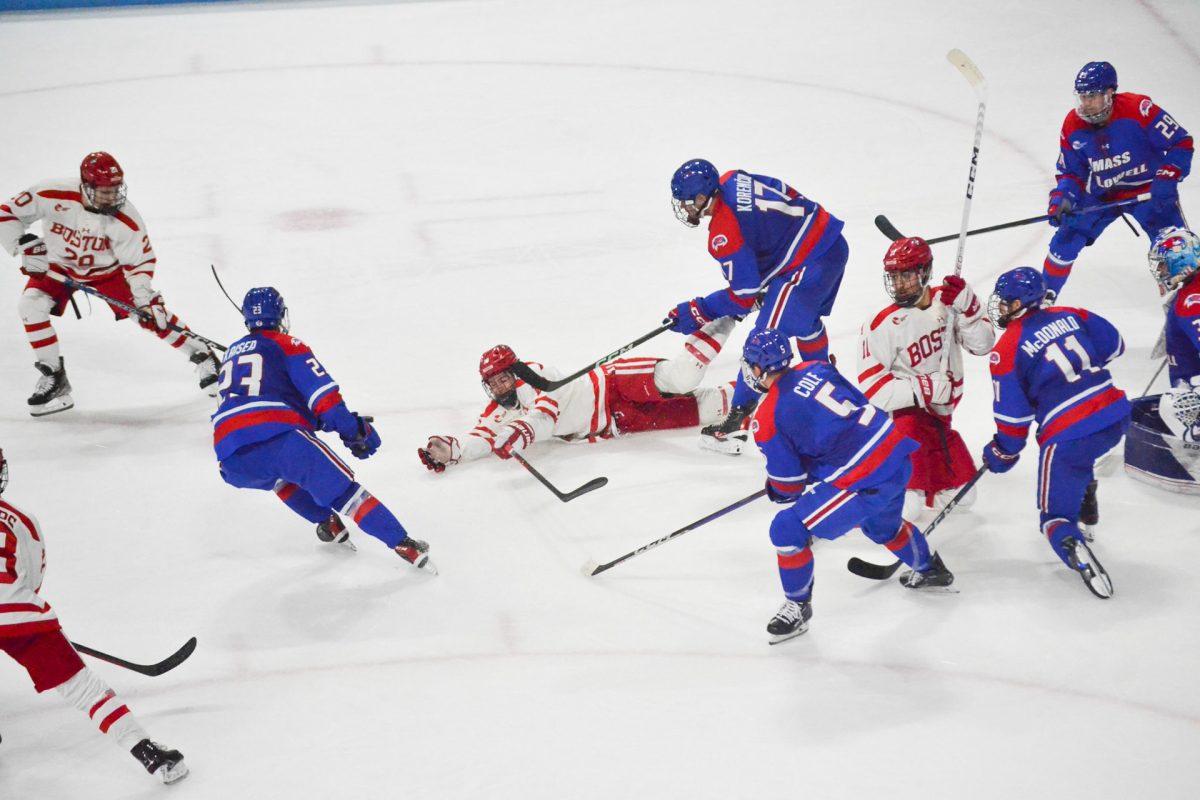
Anonymous • Sep 9, 2012 at 12:18 am
It pains me to say this, but BU needs an Alexander Haig. Haig, as you may remember or read in history books, was the one who ultimately told Nixon it was time to resign. Who will BU’s Haig be? It is time for Jack Parker to step aside. He is the person who recruited these players and he is the head of the program who is responsible for the wins, losses and whatever else the program produces – warts and all.
When I was there (and I was closely related to the team), the players were completely arrogant, but they didn’t take it to the level that some have in recent years. Back then Jack found out about everything – and he did take steps to correct it. He actually kicked two brothers off the team because they’re actions were disruptive to the team. But, times have changed, and what was acceptable behavior (for a BU hockey player) then, is PG-13 rated compared to now. That’s pretty much how it is in society as well – just think about what you can see on regular TV now compared to when you were a kid.
College hockey has changed too. No longer does a a high school kid step right into D-I hockey. Rather, he is offered a scholarship and required to play Junior hockey for at least one year – and more times than not – two years. So what BU gets in a freshman hockey player is essentially a man (not a kid), who has not been to school for two years – but who has just played hockey full-time. They are older than the average BU freshman, but completely unprepared for the academic rigors of college. By the time they are Juniors and Seniors, the age difference between them and the average BU freshman is 6-7 years. They interact with these kids at parties – and that has led to trouble – its essentially MEN interacting with girls. I don’t know how the Task Force missed this issue in their report.
To me the problem comes from the type of player BU is recruiting. BU is almost exclusively recruiting from the US Development program and Junior leagues. Many of these kids don’t play for their high school teams. They play for a Junior team that they have no emotional connection to other than it being a team they can play for to improve their own skills to get where they want to go in hockey. In other words, they are completely selfish. Their only purpose is to improve their own skills – not play for a team they have a connection to – like their high school team. That selfish attitude becomes too ingrained in them both in hockey and in life, and they come to BU thinking it too is a hockey stepping stone. They care little about school and their fellow students. They only care about hockey.
Obviously, not every player fits this stereotype, but the majority do. Parker brought this element to the BU campus, and as a result, BU has received a ton of negative press. Like Watergate, this has become a cancer on BU.
Jack Parker, for the benefit of your alma mater, you need to step aside.
Anonymous • Sep 10, 2012 at 5:49 pm
BU has, until now, failed to hold accountable those in charge of the program. Parker has removed disruptive players from the team, but has failed to address a team-wide mentality which is disruptive the university. The task force rightly identifies the systemic problems which plague the program, but the recommendations may not go far enough. Every other team in Hockey East recruits from the same player pool, but none has experienced ongoing player behavior problems as BU in recent years. While the players come and go, a counterproductive culture has taken hold at Agganis within the team, and Parker and his staff appear powerless to fix it. Perhaps the generational gap between him and the players has grown too large. Whatever the reason, his disciplinary approach is not effective. If the athletic department takes the report seriously, they will need to begin by reforming the arrogant, self-absorbed culture which permeates the hockey program.
Anonymous • Sep 7, 2012 at 3:45 pm
Will BU receive NCAA sanctions such as Tournament ineligibility?
Anonymous • Sep 7, 2012 at 2:56 pm
Agree. I see no problem for the program, and my support, that the hockey team be included in the academic and cultural environment of the university.
Don’t throw Parker under the bus, as the data shows the recordable issues are similar for team members and male student population in general.
Deans and others failed to exercise their authority and now must regain the responsibility they are paid for and charged with.
In the long run, the school will gain as it implements this report.
Anonymous • Sep 6, 2012 at 11:07 pm
Report is right on. Many, not all, of the hockey players were not going through a regular academic program. Too much time on their hands. Other programs such as BC make their students go to regular classes and look how they have performed.When I went to BU all of the hockey players in my classes took a full load and showed up for every class. Many also held down regular part time jobs. I took the “T” with one every day to his job who was an all east forward. This will help the program in the long run.
Long time BU hockey fan